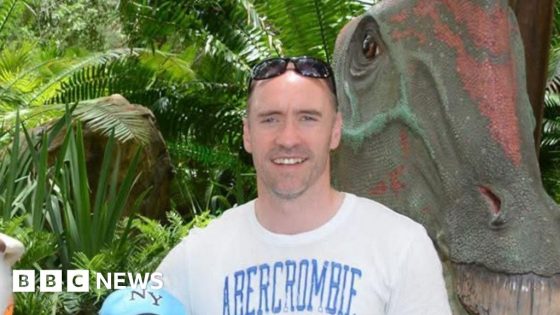Recent observations of male capuchin monkeys have sparked intrigue among scientists studying animal behavior. Captured on camera, these monkeys were seen abducting baby howler monkeys on Jicarón Island, Panama, over a 15-month period. This unusual behavior raises questions about the motivations behind such actions.
- Male capuchins abduct howler monkey babies.
- Captured on camera over 15 months.
- Females adopt and care for other species.
- Babies died without access to mothers.
- Capuchins may seek entertainment, not purpose.
- Reflects human behaviors harming other species.
On May 20, 2025, researchers revealed that five male capuchins carried around 11 different baby howlers, yet they displayed no nurturing behavior. Instead of caring for the infants, the capuchins engaged in their usual activities, leaving the babies vulnerable and ultimately leading to their demise due to lack of maternal care. What could drive these monkeys to such seemingly purposeless actions?
This puzzling behavior prompts US to consider the implications of animal interactions in the wild. Are the capuchins acting out of boredom, or is there a deeper instinct at play? This situation mirrors some human behaviors that can harm other species without clear purpose. Key points include:
- The capuchins had no natural predators, possibly leading to destructive behavior.
- Female monkeys typically adopt infants, contrasting with male capuchin actions.
- The lack of nurturing suggests a disconnect between instinct and action.
As we continue to study these fascinating creatures, it’s crucial to reflect on the broader implications of their actions. Understanding such behaviors can help us protect both wildlife and their habitats.

































